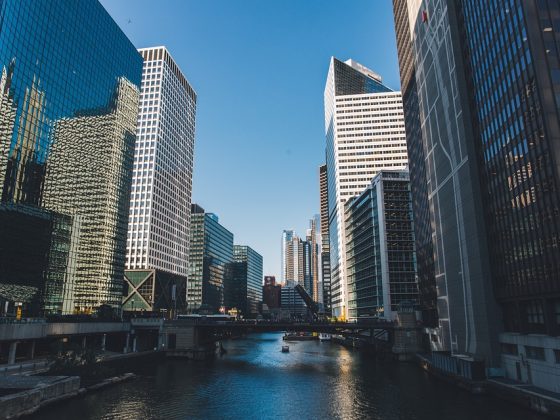The Housing Market Bubble: Is a Crash Inevitable?
Over the past few years, the housing market has been experiencing a significant boom, with home prices skyrocketing in many areas. While this has been good news for sellers and homeowners, it has raised concerns among economists and experts about the possibility of a housing market bubble. Many are now asking the question: is a crash inevitable?
What is a housing market bubble?
A housing market bubble occurs when home prices rise rapidly and become disconnected from their true value. This can happen for a variety of reasons, such as low interest rates, easy access to credit, or excessive demand fueled by speculation. When a bubble forms, it creates a situation where homes are overvalued and prices are unsustainable.
The last major housing market bubble occurred in the mid-2000s, leading to the housing market crash of 2007-2008. This crash had devastating consequences for the economy, leading to the Great Recession and a significant drop in home prices across the country.
Are we in a housing market bubble now?
Many experts believe that the current housing market is showing signs of a bubble. Home prices have been rising rapidly, with some areas seeing double-digit appreciation year over year. Additionally, bidding wars and low inventory have become common in many markets, driving prices even higher.
Low interest rates and government stimulus measures have also played a role in fueling the housing market boom. The Federal Reserve has kept interest rates at historic lows in response to the COVID-19 pandemic, making borrowing cheaper and incentivizing buyers to enter the market.
However, some experts argue that the current housing market situation is different from the mid-2000s bubble. They point to the fact that lending standards are stricter now, preventing the kind of subprime mortgage lending that fueled the last bubble. Additionally, the supply shortage in the housing market is a major factor in driving prices up, as builders struggle to keep up with demand.
Is a crash inevitable?
While it is impossible to predict the future with certainty, there are some warning signs that suggest a housing market crash could be on the horizon. The rapid increase in home prices, coupled with high levels of speculation and easy access to credit, are all factors that could contribute to a bubble bursting.
Additionally, the end of government stimulus measures and rising interest rates could have a cooling effect on the housing market. As mortgage rates rise, it may become more difficult for buyers to afford homes, leading to a decrease in demand and a drop in prices.
However, there are also factors that could prevent a crash from occurring. The strong demand for housing, driven by factors such as population growth and low inventory, could help support prices even in the face of rising interest rates. Additionally, many homeowners have built up equity in their homes during the recent appreciation, which could provide a buffer against price declines.
FAQs
1. What can homeowners do to protect themselves in a housing market bubble?
Homeowners can protect themselves by being cautious about taking on too much debt and ensuring that they can afford their mortgage payments even if interest rates rise. It is also a good idea to build up a financial cushion in case home prices decline and equity is lost.
2. Should I buy a home now or wait for a possible crash?
It is difficult to time the market, so the decision to buy a home should be based on your personal financial situation and long-term goals. If you can afford a home and plan to live in it for a significant period of time, now may be a good time to buy. However, if you are concerned about a possible crash, it may be wise to wait and see how the market evolves.
3. How can policymakers prevent another housing market crash?
Policymakers can prevent a housing market crash by implementing regulations that promote responsible lending practices and monitor the housing market for signs of a bubble. Additionally, measures to increase affordable housing supply and address housing affordability issues could help prevent a repeat of the last housing market crash.











